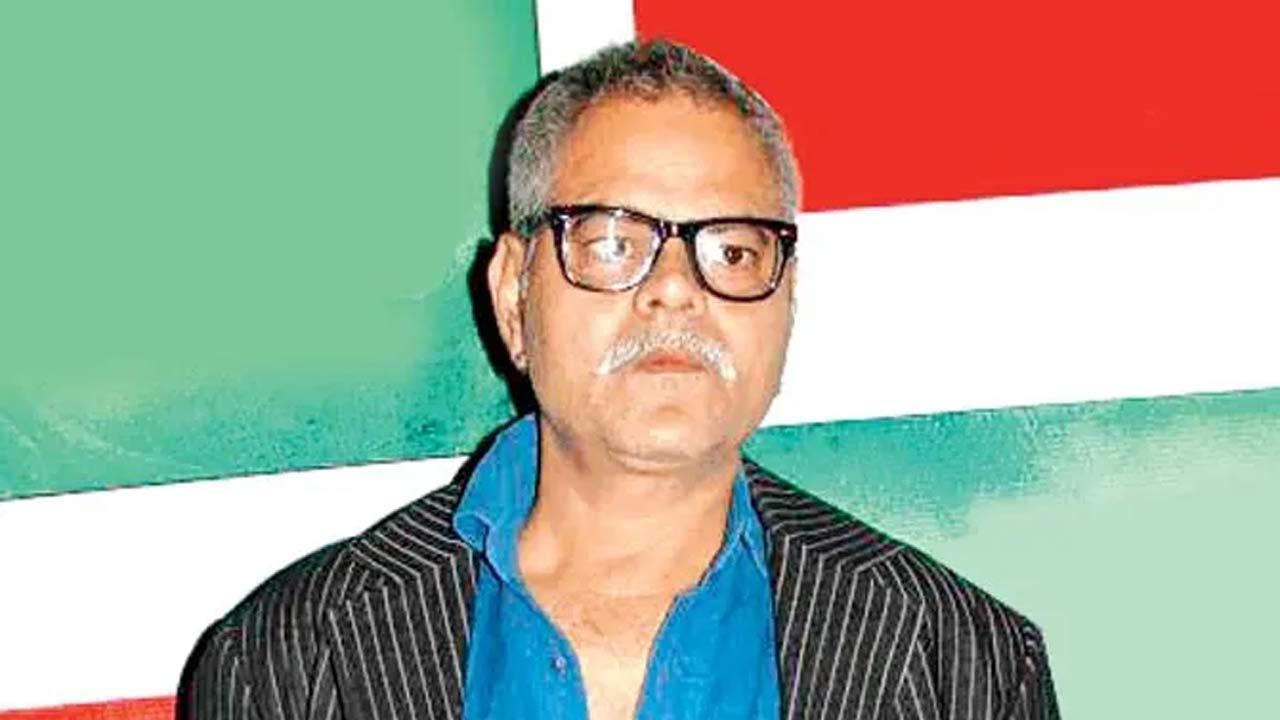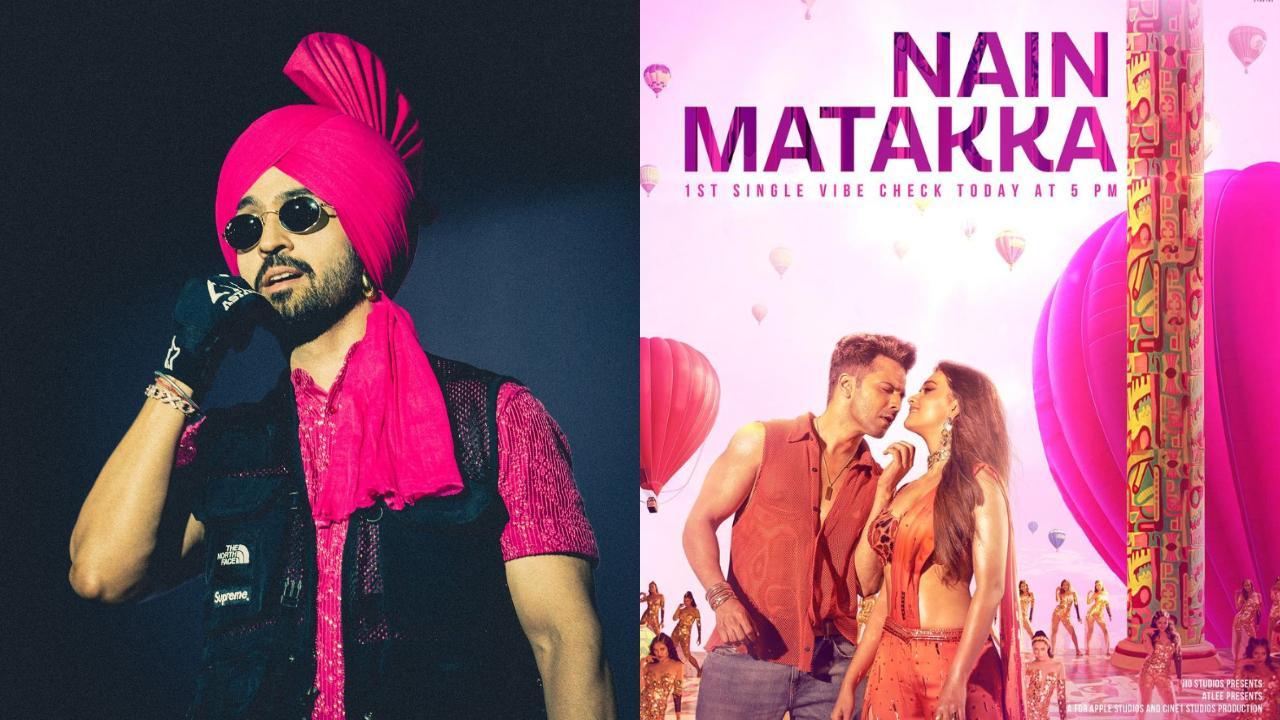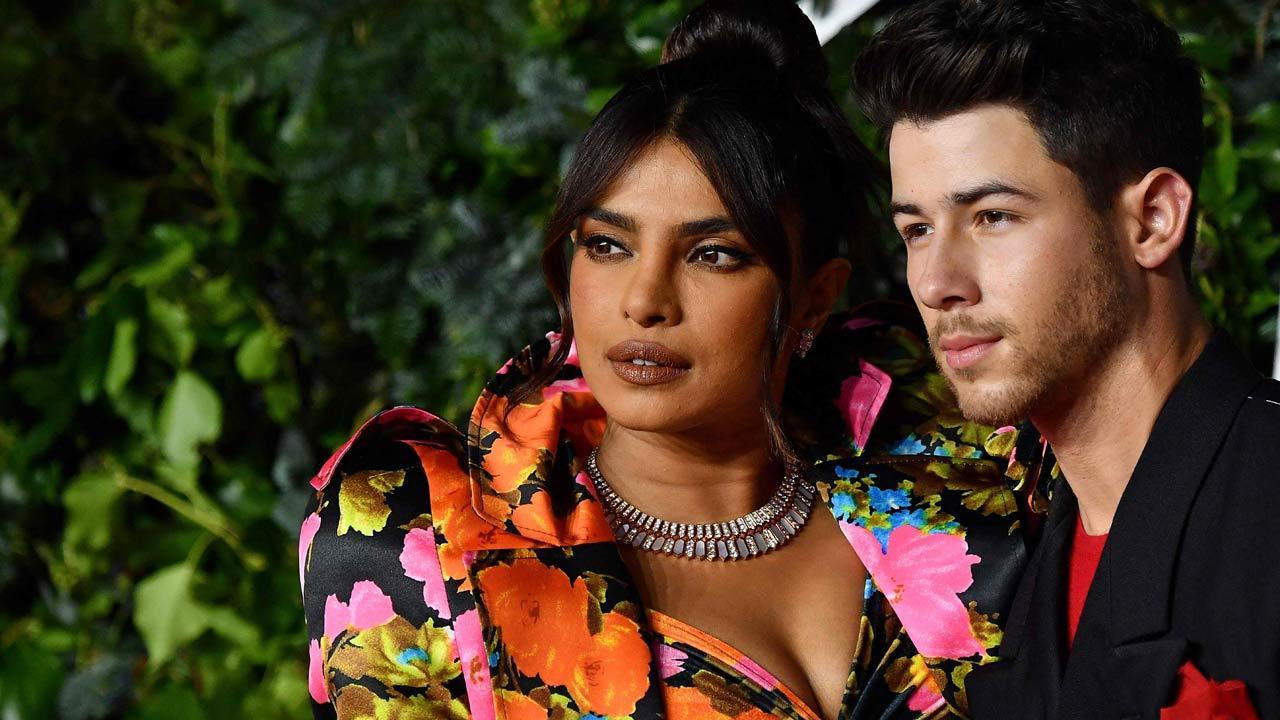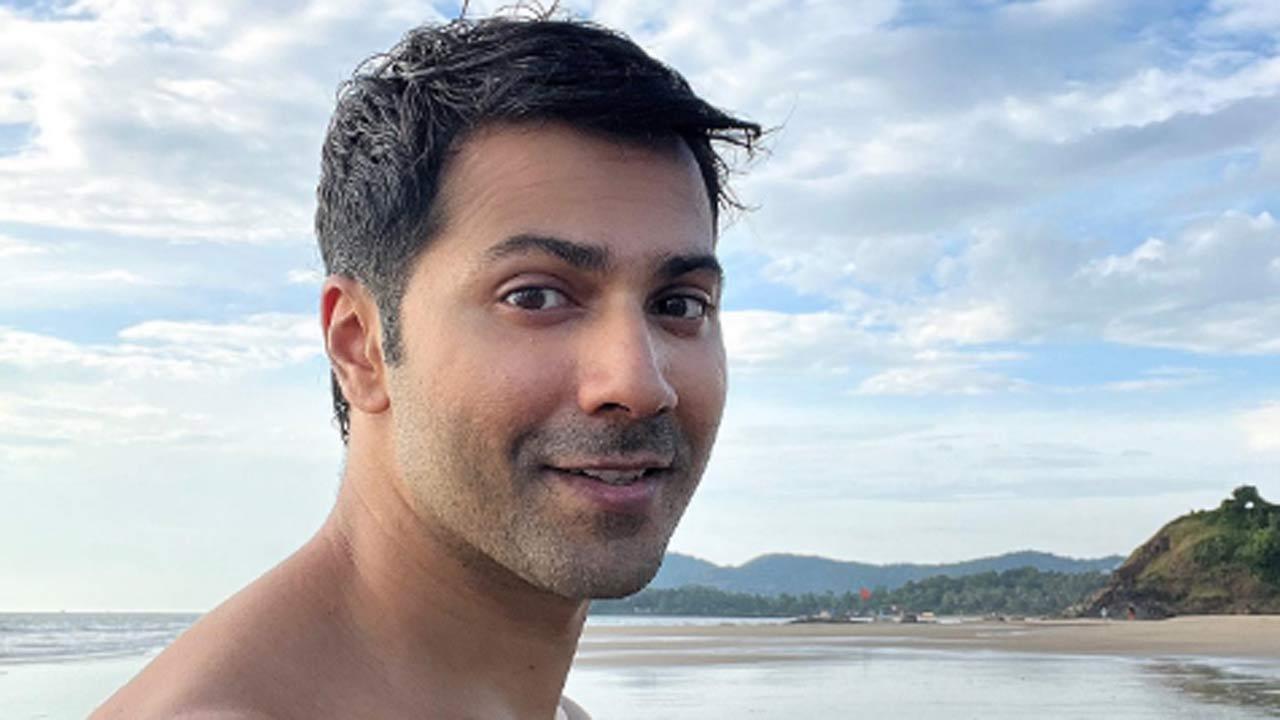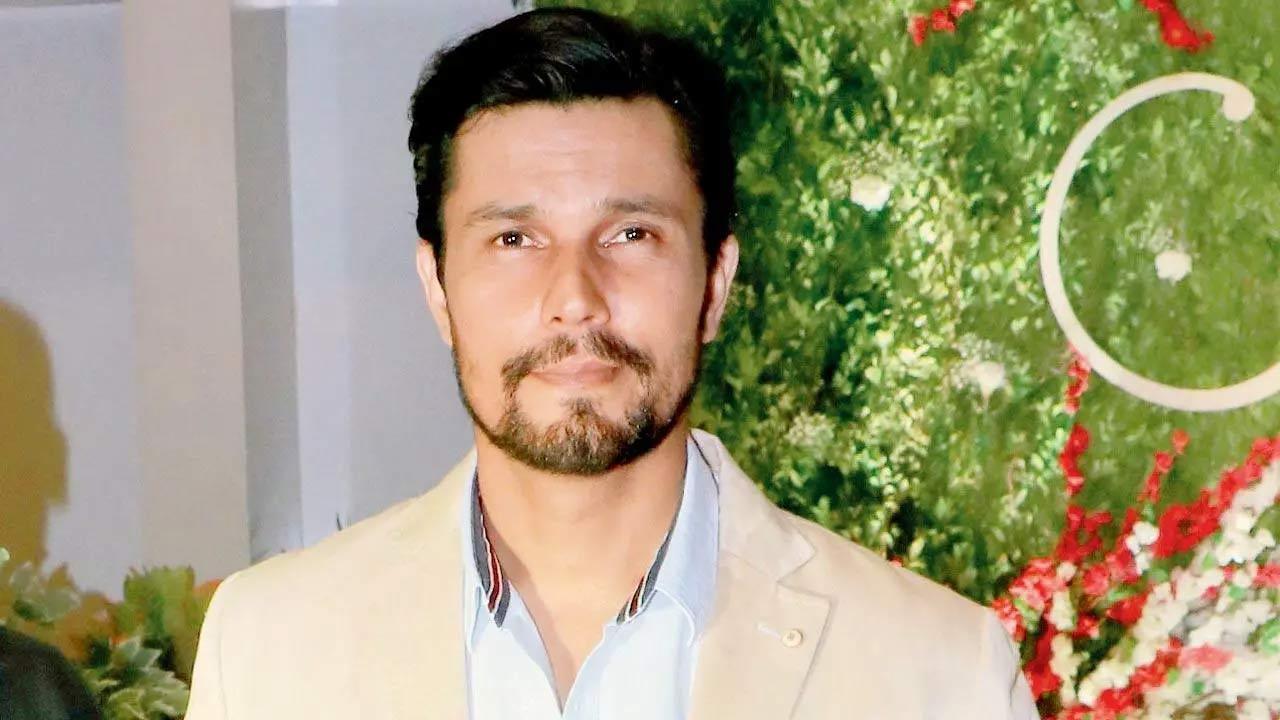
Last month, Shahaddah Jack was appointed the city’s inaugural youth poet laureate. Over a two-year term, the 20-year-old spoken word poet and human rights activist will serve as a literary ambassador, attending civic events and creating works of poetry that amplify young voices. Jack, who’s also a journalism student at Toronto Metropolitan University, recently spoke with the Star about her new role, her upbringing and how she hopes to represent Toronto youth.
(This interview has been edited for length and clarity.) The first word that comes to mind is “humbling.” I’ve been writing poetry since I was 12 and performing professionally since the age of 13, with incredible mentors by my side.
But I do it because I love it. I can’t think of artists who do this work for the accolades. We do it because we know there are people out there who need to hear these stories and who need to know they’re not alone in their experiences.
This is something that’s bigger than myself. I’m excited, but I also understand the responsibility of allowing youth to truly believe in the impact of their voice and to believe in the possibilities that belong to them. I’m a proud Scarborough girl and I went to Clairlea Public School.
When I was in seventh grade, I had a teacher named Madame Jang-Naruse, whom I’m still connected with today, and she brought in a along with another poet whose name, unfortunately, I can’t remember. But they came in and showed us what poetry was beyond what you may write in a journal, what it means as an art form and as a form of expression. I remember looking at Britta — she’s a mixed-race woman, with amazing clothes and this big hair — and thinking I really resonate with her.
I see someone that can talk like me, look like me, and come into these spaces and be unapologetically themselves. So, I immediately attached myself to her, and started to write poetry. Madame Jang-Naruse actually came to my appointment as youth poet laureate the other night.
That was beautiful. Teachers are important. My mom has been a community worker for over 30 years, working for the Boys and Girls Club of Canada, specifically in east Toronto.
Seeing my mom give herself so selflessly to the community has allowed me to understand what empathy is. It’s allowed me to understand what collective experiences are. I loved being immersed in those stories, immersed in those communities and immersed in culture.
But when I lifted my head up and came out of that bubble, I realized there wasn’t enough of that elsewhere. There’s not enough showing of who the youth are in Toronto, who the voices are that are building and weaving the fabric of the city. So, I hope to create different programs, opportunities and open mic series.
I think the first step is engaging youth. It’s time that Canadians and Canadian youth see that we have stories here too, that we have a history here too. I used to grow up hearing that youth are the future.
But I think, more recently, it’s only becoming more evident that youth are the now. When thinking about our experience, they’re definitely not a monolith. But the resounding known thing amongst us is that our differences are what unite us, and that more youth are acknowledging the fact that we all bring something so different to the table, how we can have intersectionality at the forefront of our work.
Shahaddah Jack is also a journalism student at Toronto Metropolitan University. Existing in the body of a Black woman, there’s no hiding my identity. There’s no hiding who I am, and I wouldn’t want to either.
At 16, I started working with JAYU, a human rights organization that works on various campaigns. I started leading poetry workshops there, looking at how we use poetry to speak to human rights and inequalities around us, how we use our voice to influence policy and decision making. Needless to say, I think the work I’ve done has always been about who I am and who my mom raised be to be, understanding that the body I live in doesn’t allow me to just sit back and observe.
My talent is poetry, my love is art, and I believe that’s how I will have the most impact in the spaces that I’m in, because that is the tool that I’ve been given. There’s a full-circle moment that I experienced the other day and is living in my mind right now. When I was in first grade, my mom and I were giving out hats to folks experiencing homelessness in downtown Toronto.
I remember giving a hat to a man, and he looked at me and said, “I don’t need your pity. I don’t want it.” He looked so prideful.
Folks have the right to be prideful, but when I was younger I didn’t understand it. I was like, “If you need something, take it.” And I remember that was another man nearby who said, “You know, I need it.
I’ll take it.” And the lesson my mom instilled in me afterwards was that no matter where you are, no matter how insignificant your presence might feel, there’s someone who needs you. So, the full-circle moment came at my appointment as youth poet laureate.
brought her students from OCAD University, and a young woman came up to me after I performed my poem ”[Her]story,” about womanhood and female empowerment, and she said, “Wow, to see someone who shares an identity with me exist so unapologetically has changed my perspective.” And the first thing that flashed in my mind was my mom saying, “Someone will always need you.” That moment reaffirmed for me why I do what I do.
I hope to be someone that continues to create opportunity for generations beyond myself. So for me, that’s with storytelling, story sharing and community building. I’m an optimistic person, but I can acknowledge that there’s a lot of pain in our city.
What I love to say is our pain is our power, and our beauty is our story, and that pain is what allows us to understand the urgency of things..










